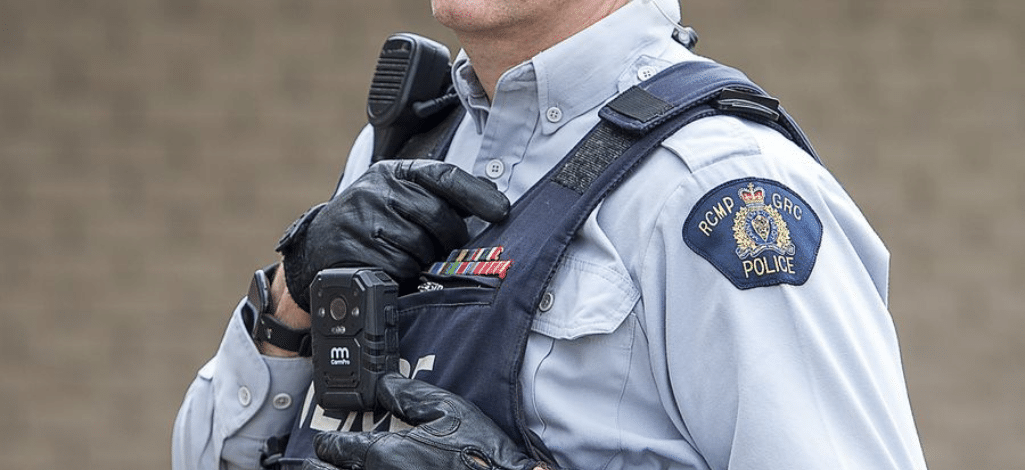In November 2022, the City of Surrey’s municipal government decided to retain RCMP municipal police services as its police agency of jurisdiction (“POJ”) reversing the ongoing transition to Surrey Police Service (“SPS”).
A report issued by the BC Government’s Director of Police Services on April 28, 2023, titled “City of Surrey’s Police Model Transition and Decision to Retain the RCMP” provides information, advice and recommendations to the Minister of Public Safety on whether an adequate and effective level of policing can be maintained in Surrey and throughout the province if the RCMP remains in Surrey as POJ.
The City’s policing transition is in the earliest of two phases, whereby SPS officers are gradually operationally deployed into the Surrey RCMP Municipal Police Unit (“MPU”), while the RCMP remains the POJ. Estimates show that SPS officers comprise over 25% of Surrey RCMP’s total local detachment strength, and 50% of its front-line officers.
In the report, the Director of Police Services notes that the City’s 2018 decision to establish its own municipal police department was unprecedented in Canada. Surrey is the largest municipal RCMP contract jurisdiction nation-wide. In support of the 2018 transition, the City undertook to plan and build what would become BC’s second largest municipal police department. The transition to SPS has, so far, taken significant provincial involvement to ensure the stability of policing in Surrey, the region and the province. The City’s decision to reverse the transition to SPS and to maintain the RCMP for the City’s policing needs would likewise be an unprecedented reversal of the transition process.
The City’s plan indicates a financial advantage to maintaining the RCMP, whereby continuing the transition would cost $235 million over five years, in addition to SPS operating costs of $30 million in excess of those required to maintain the RCMP contract policing model. In response, the Director notes the City’s plan does not address key elements for a transition reversal that were requested such that the financial assessment “likely does not fully depict the anticipated costs” and a lack of “sufficient detail to support the high-level costs depicted in the financial assessment”: p. 28.
The RCMP’s plan to support de-transitioning to SPS recognizes existing staffing challenges and suggests plans for overcoming these staffing shortages, including SPS “patch-overs” to the RCMP. However, the RCMP has had difficulty providing the necessary number of officers required to address attrition and growth in contract policing. In BC, the RCMP’s provincial police services have seen vacancy rates generally increased over the past five years, with increasing demands, operational requirements and associated costs straining the RCMP’s ability to provide provincial policing within the province. In particular, a November 2019 briefing note prepared by Public Safety Canada articulated the following systemic sustainability challenges impacting the entire RCMP organization:
- demand for contract officers outstrips the RCMP’s capacity to recruit and train;
- under-resourcing is resulting in officer health and wellness concerns;
- federal policing responsibilities have been and continue to be eroded to meet contract demands; and
- since 2010, contract officers increased by 17% and federal officers decreased by 30%.
The Director indicates in the report that RCMP proposals to re-staff the Surrey municipal policing unit is “ambitious but feasible only when considered in isolation of the RCMP resourcing pressures and needs across the province” and do not “appear sufficiently supported by data/evidence”: p. 35. The report also recognizes that the reliance on deployed SPS officers during the re-staffing period raises concern about the stability of the SPS, and the “lack of explicit plan could result in a void or loss of SPS officers, creating a void of police resources in Surrey”: p. 36.
In the report, the Director considers the impacts of the issues on Indigenous populations located within Surrey, including reserve lands governed by the Semiahmoo First Nation (“SFN”). The report notes the City’s plan to retain RCMP services does not outline whether or how it consulted or engaged with SFN. Despite the City’s plan articulating its expanded focus on community engagement, particularly with Indigenous peoples, the RCMP’s plan does not include any discussion related to SFN or other Indigenous considerations: p. 38.
- Ultimately, the Minister does not support the City’s decision to reverse transition to the SPS until the following conditions are met:
- A Strategic Implementation Advisor is appointed to oversee the transition and resolve issues;
- Individualized HR plans are put in place to ensure ongoing SPS deployment throughout Surrey RCMP re-staffing and SPS dissolution;
- The City provides a revised plan, supported by an RCMP plan, that does not prioritize Surrey RCMP re-staffing over other BC RCMP business lines, and includes transition reversal components and updated costs;
- Establishment of a Senior Contract Officer position within the BC RCMP to ensure the above condition is met; and
- The RCMP appoint a Senior Transition Leader for Surrey with the authority to support RCMP decision-making.
In general, the Director found that the City and RCMP’s plans to retain and re-staff the Surrey RCMP present a significant risk to adequate and effective levels of policing in Surrey and the province, and have the potential to destabilize policing through the likelihood of cascading police-resourcing impacts to the Provincial Police Service and other RCMP business lines. In the Director’s view, these risks do not appear adequately mitigated by the City and the RCMP’s plans.
If your require additional information or further assistance, please contact David McKnight and Naomi Krueger.




